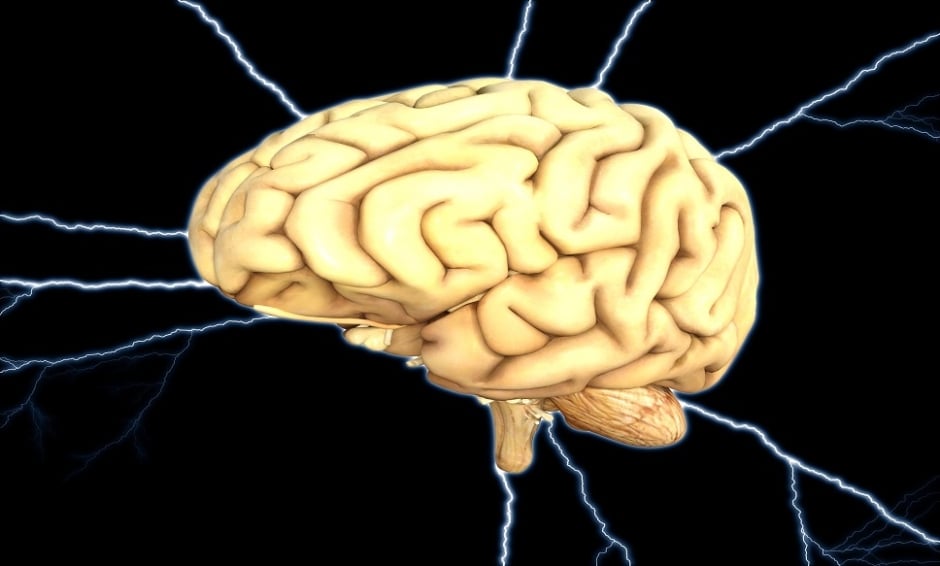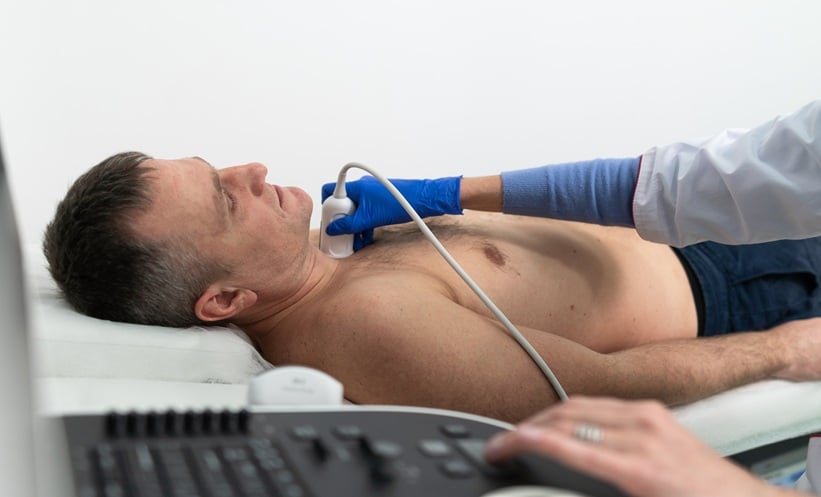SCIENTISTS have reported the use of a brain-computer interface that allows patients suffering from complete motor paralysis to communicate and answer ‘yes’ and ‘no’ questions.
Four patients were enrolled into the study with advanced amyotrophic lateral sclerosis and suffering from complete motor paralysis but intact cognitive and emotional processing. This is also known as a complete locked-in state which prevents individuals from any means of communication.
In the study, the individuals wore a brain-computer interface with functional near-infrared spectroscopy combined with electroencephalography that scientists used to measure blood oxygenation and electrical activity in the brain. The participants were asked to answer personal questions with known answers that required a ‘yes’ or ‘no’ response in various sessions over a course of a few weeks. The scientists then measured changes in blood oxygen levels in the brain when the individuals thought their answers to the question. The team found that the measurements captured by the interface resulted in an above-chance-level correct response rate >70%.
“The striking results overturn my own theory that people with completely locked-in syndrome are no capable of communication,” explained Prof Niels Birbaumer, the Wyss Center, Campus Biotech, Geneva, Switzerland, one of the authors of the study paper. “We found that all four patients we tested were able to answer the personal questions we asked them, using their thoughts alone. If we can replicate this study in more patients, I believe we could restore useful communication in completely locked-in states for people with motor neuron diseases.”
Prof Birbaumer also noted the surprise the team had at the positive responses given by the participants about their quality of life. “All four had accepted artificial ventilation in order to sustain their life, when breathing became impossible thus in a sense, they had already chosen to live. What we observed was that as long as they received satisfactory care at home, they found their quality of life acceptable. It is for this reason, if we could make this technique widely clinically available, it could have a huge impact on the day-to-day life of people with completely locked-in syndrome.”
Jack Redden, Reporter








